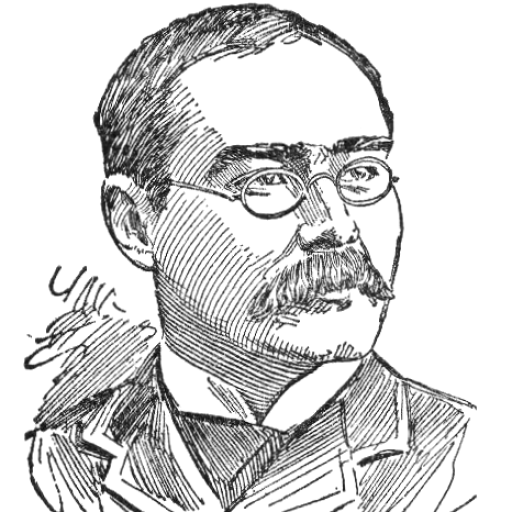What is woman that you forsake her ?

The Vikings were some of the greatest seafarers the world has ever known. Their open boats sailed from Scandinavia to trade and raid along the coasts of Europe, across the North Atlantic to Iceland, Greenland and even to North America, which they had discovered centuries before Columbus. The passion of the Vikings for the ocean – “the old grey Widow-maker” – is captured in this poem. Whereas ‘The Long Trail’ communicates the excitement of going out to sea with one’s beloved, this poem expresses the exhilaration of men going on a voyage in all-male comradeship, seen through the melancholy eyes of the women left behind.
The effect of the poem is much enhanced by the triple-line verses – three repetitions are always the most powerful – and by the way it builds up through all the preparations to a pitch when “you drive out where the storm-clouds swallow”, then dies down again with the despondency of the women left behind
Harp Song of the Dane Women
What is woman that you forsake her, And the hearth-fire and the home-acre, To go with the old grey Widow-maker? She has no house to lay a guest in - But one chill bed for all to rest in, That the pale suns and the stray bergs nest in. She has no strong white arms to fold you, But the ten-times-fingering weed to hold you - Out on the rocks where the tide has rolled you. Yet, when the signs of summer thicken, And the ice breaks, and the birch-buds quicken, Yearly you turn from our side, and sicken - Sicken again for the shouts and the slaughters. You steal away to the lapping waters, And look at your ship in her winter-quarters. You forget our mirth, and talk at the tables, The kine in the shed and the horse in the stables - To pitch her sides and go over her cables. Then you drive out where the storm-clouds swallow, And the sound of your oar-blades, falling hollow, Is all we have left through the months to follow. Ah, what is Woman that you forsake her, And the hearth-fire and the home-acre, To go with the old grey Widow-maker?
